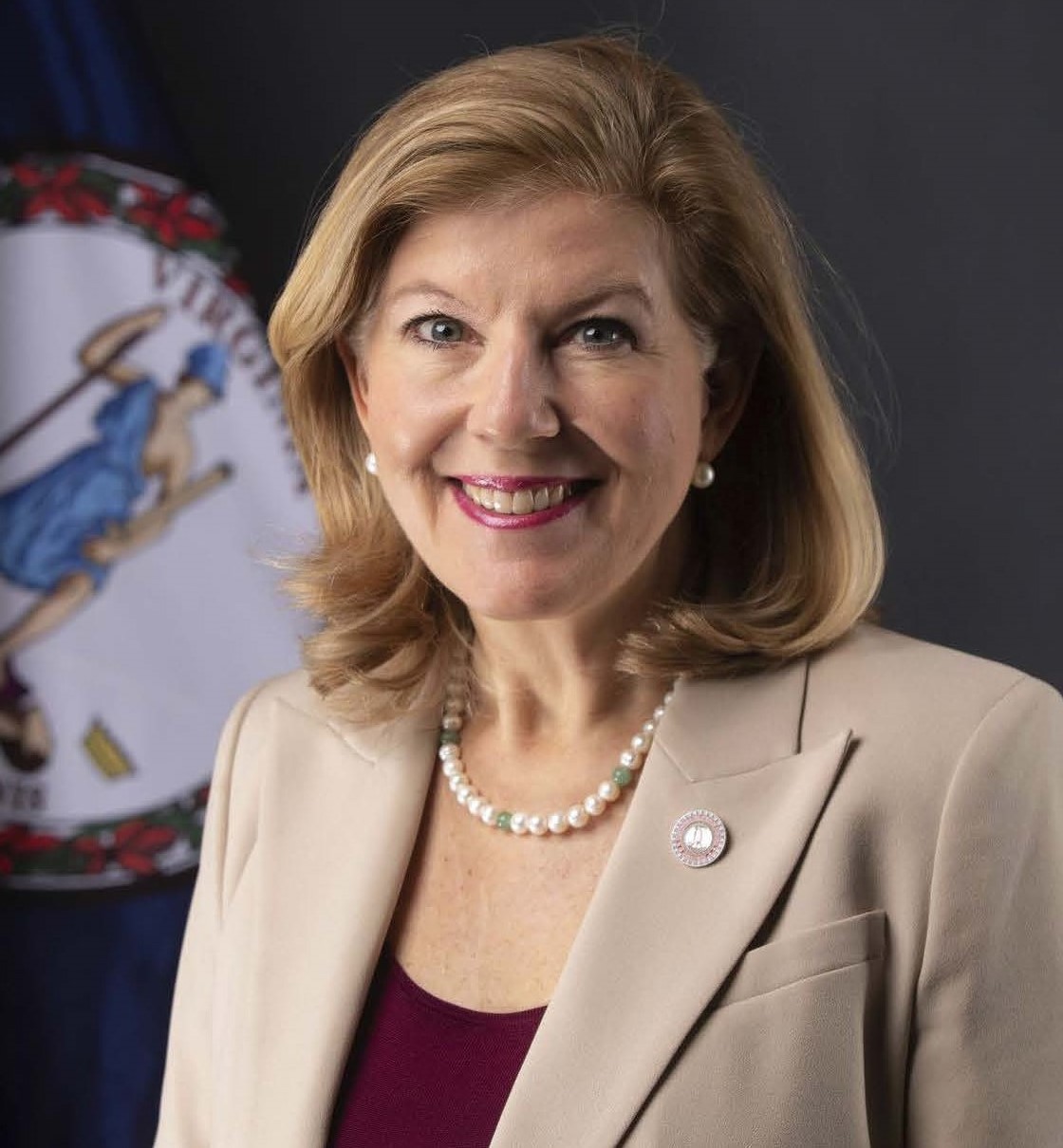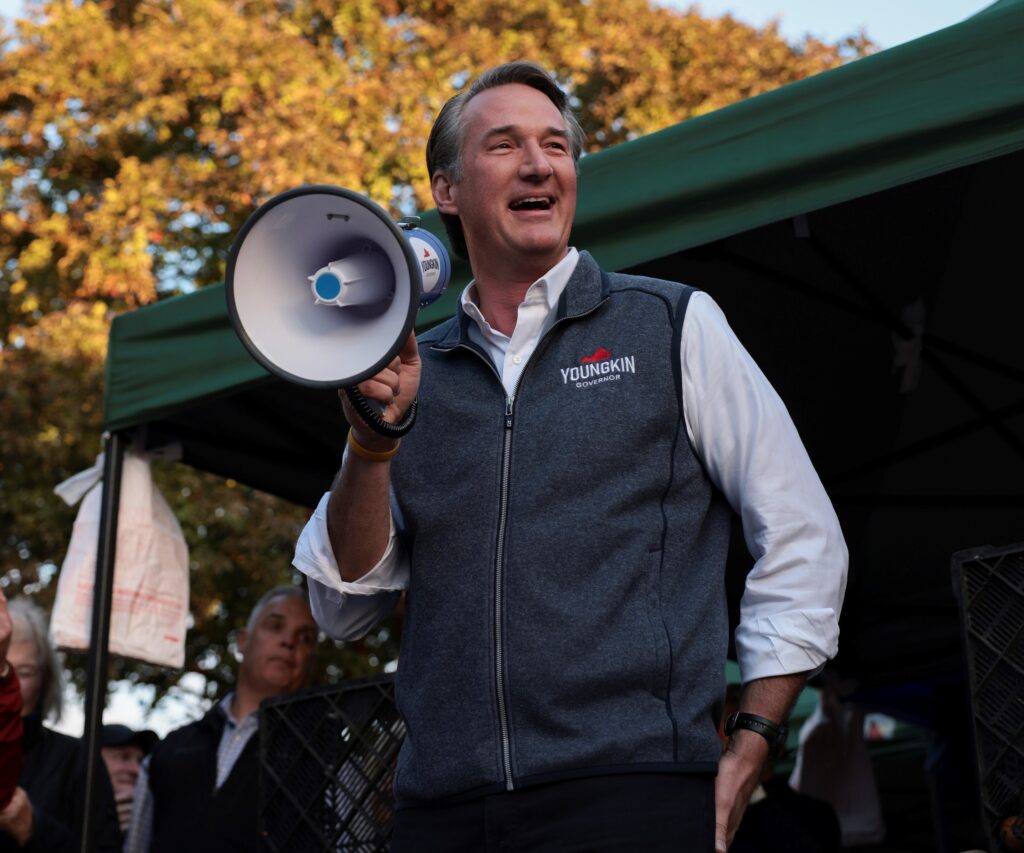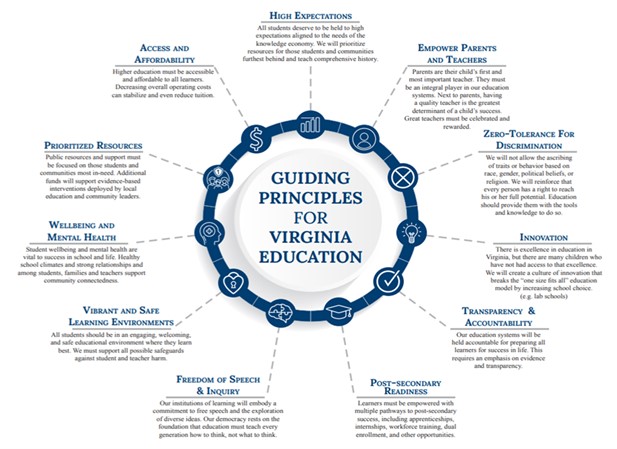
Virginia Governor Glenn Youngkin’s first action within an hour of being sworn into office was to affirm his commitment to restoring excellence to education throughout the Commonwealth. Since Day One, his administration has been focused on providing every learner — regardless of background or zip code — with opportunities to access quality education. Our commitment to Virginians remains that every family has access to a quality education that prepares every child for success in life.
Historically, Virginia’s schools have been regarded as among the best in the nation. But today tells a different story. Our reputation and overall high average performance masks widening achievement gaps in the Commonwealth’s schools as well as a recent downward slide in comparison with other states on a range of academic measures. We are facing declines in student performance that started long before the pandemic and were illuminated and exacerbated over the past two years. Recently released annual (Spring ‘22) test scores underscore the urgency of the crisis. In math, for example, only 66% of our students are passing the test of their grade level standards, and it is shockingly worse for our economically disadvantaged (52%), Black (42%), Hispanic (53%), and students with disabilities (39%). The results are similar for our science scores.
Under Governor Youngkin, our north star is high expectations aligned to the demands of the knowledge economy for every student and school.
When society accepts that half of our traditionally underserved student populations are not mastering critical grade level expectations, we are condemning them to a life of diminished possibilities. This is what President George W. Bush poignantly named the “soft bigotry of low expectations.” I call it plain wrong.
Under Governor Youngkin, our north star is high expectations aligned to the demands of the knowledge economy for every student and school. All learners must be empowered with multiple pathways to post-secondary success which provide valuable exposure to the world of work. Therefore, we are launching at least 20 lab schools which will bring together higher education, employers, schools, and community partners to provide innovative approaches to raising student achievement while also building bridges with the world outside school walls.

Our “one size fits all” system is failing our families. For that reason, we have created a new Office of Innovation within the Department of Education to catalog non-traditional school models, learn from them, and fuel a culture of innovation and excellence that will infuse the entire Commonwealth with energy and proven approaches leading to improved outcomes.
To achieve those results, we must strengthen transparency and accountability to families, taxpayers, and citizens. In the name of “equity” over the past five years, state leaders lowered expectations for students and redefined success for students and schools by prioritizing incremental progress over mastery of content and skills. Governor Youngkin has doubled down on ensuring that we are providing an accurate and clear picture of how well our students are prepared for college and career. We will work with the State Board of Education to revise our Standards of Accreditation to ensure that schools that earn full accreditation are truly preparing the students in their care for the demands of the workplaces of tomorrow. The Governor will also ask the Board to raise the proficiency cut scores on our state tests from their current lowest in the nation as benchmarked against the Nation’s Report Card to the top 10%.
Our “one size fits all” system is failing our families. For that reason, we have created a new Office of Innovation within the Department of Education to catalog non-traditional school models, learn from them, and fuel a culture of innovation and excellence.
Parents and Teachers are the two most important factors in student success. We have created an Office of Parent & Teacher Engagement and Empowerment to ensure that these critical partners have the information, tools and training to work together to support student success. Governor Youngkin has reinforced the rights of parents regarding their children’s health, education, and well-being throughout his time in office. Parents matter. Teachers matter. So today, 15 school divisions are partnering with the VDOE and national thought leaders to pilot a transformational effort to ensure every student, parent, and teacher receive an easy to understand, comprehensive data picture of student proficiency and the student’s specific gaps in skill and content mastery. A Personalized Learning Plan will accompany every data snapshot, and we will be developing evidence-based professional development to ensure every teacher is trained to communicate this important information in a constructive, action-oriented manner that provides a way forward towards improvement.
Lastly, we are restoring a culture of inquiry to our classrooms. A great education must address complicated and uncomfortable topics in ways that support critical thinking and vigorous classroom discussions — without injecting trending political views, indoctrination, or discriminatory practices. We will provide training to our teachers and school leaders to protect and nurture freedom of speech and inquiry to ensure every student is taught how to think, not what to think. Education should provide them the tools and knowledge to do so.
Our goal — to provide a best-in-class education for every Virginian — will be realized when we work together with students, parents, teachers, employers, and policymakers to ensure high expectations and excellence for all learners in Virginia. When our students are prepared for success, our economy, communities, and democracy will be stronger. Our children deserve nothing less.
Aimee Rogstad Guidera serves as Secretary of Education for the Commonwealth of Virginia.





